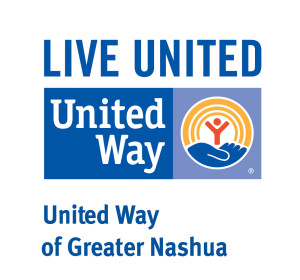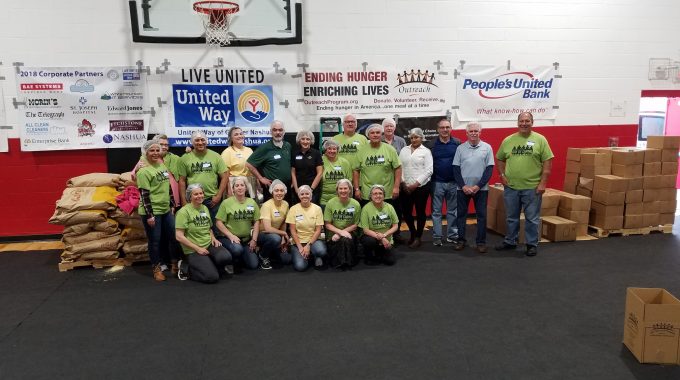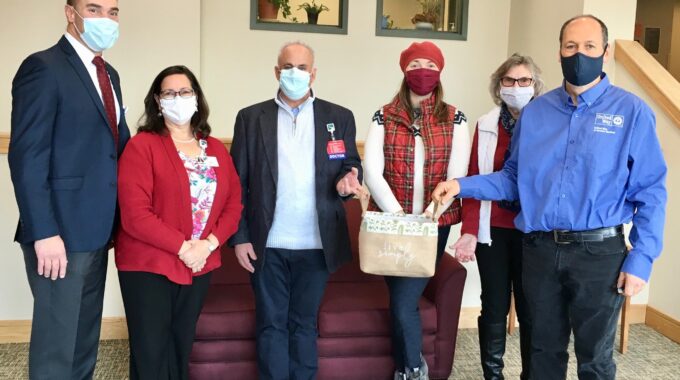
Mental Health Court – A pathway forward
In this space last month we discussed an alternative sentencing and treatment program called drug court. As a follow up and continuation of that discussion, this month I’d like to discuss a different, but related, program in our community called “Mental Health Court.” This is a program which is a little bit older than drug court, and just last year celebrated its 10 year anniversary in our community. Rather than attend a special graduation event, though, this time I thought it would be a different perspective to simply go to one of the regularly scheduled hearings, listen in, and observe the goings on.
The Mental Health Court convenes every Thursday at 1PM at the Courthouse. There, Judge Leary, who presides over Mental Health Court, hears cases presented by participants in the program. Walking in, the first thing which struck me was the age of the participants, who were mostly very young. The average age seemed to be in the 25-30 year old range, and the participants were pretty evenly split between men and women. Over the next 90 minutes, I heard from about 10 people as they presented their progress updates, in conjunction with a case manager from Greater Nashua Mental Health (GNMH) who is a liaison to the court.
The questioning was very similar with each defendant. What is your progress with treatment? Are you attending your regularly scheduled therapy and group sessions? Are you taking your medications and have those changed at all? Have you used drugs since we last met? How are things going with your job… your education… your housing… your family? Each of these questions, carefully worded and deliberately open ended, gave the participants an opportunity to present where they are with their progress and to give the Judge an opportunity to work with them on course corrections, as needed.
It became very clear that, while each participant is unique, that the issues are similar from one to the next. The participants are given much-needed structure and a pathway forward, are provided case support, and held to account. They must take responsibility for their own progress in a way which helps move them forward.
Who are these people? Simply put, they are people who have committed criminal acts — not just misdemeanors, but also some very serious felony-level crimes – who also suffer from severe mental illness. They often have a co-occurring substance use disorder (drug addiction). They have been convicted of their crimes, and if not in the Mental Health Court program, they would most certainly be in prison doing time. According to a 2009 Council of State Governments Justice Center research paper on Mental Health Courts, approximately 17% of all incarcerated persons nationwide have a severe mental illness. In fact, the largest “supplier” of mental health treatment services in the US today is the prison system. The introduction of Mental Health Courts has resulted in some very significant benefits, especially when compared to the alternative of going to prison. In general, recidivism rates are much lower for people who have participated in a Mental Health Court program and overall costs are lower to society for these programs than jail time. This is primarily because the program is specifically designed to connect people to what they need most in order to get better: structure, treatment, family, and social connections.
The system is a series of rewards and punishments that are very deliberately structured to create a positive result for the individual. However, to quote Judge Leary, this is “not a ‘get out of jail free’ card.” My observation is that the system works effectively precisely because it is so intense. It was very clear that the Judge and the GNMH case manager really knew each and every individual case and they tailored the approach to each person, depending on their own mental illness, the proper treatment, their crimes, and their particular situation. On average, people in our Mental Health Court are in the program for around 12 months, but on the back end, they are still very well connected to the system so that relapse and recidivism can be quickly detected and corrected for.
In my opinion, it’s always important to ask “How can I help?” There are a number of things which we can do to help make Mental Health Court more effective. These start primarily with having an open mind. Potential landlords, employers, colleagues, and neighbors need to be open to the idea of having people in the Mental Health Court as tenants and employees. If people cannot find a place to live and a job, then of course they will not be able to create the stability that is absolutely critical to their success. This is, however, a pretty big leap of faith because of the stigma associated with mental illness. It is something which can be scary for many of us. Because this is such an important issue, I will be partnering with the court, GNMH, and the Telegraph over the next year to write a series of articles based on the real stories of real people in both the Mental Health Court as well as the Drug Court in order to help all of us to have a less stigmatized view of the people who suffer from these illnesses. And, by the way, there is also a “Veterans Court” for the alternative sentencing of our veterans who suffer from specific mental illness related to their service and have committed crimes. I’ll be exploring that topic next month.
I encourage you to explore and learn more about mental health as a personal way of LIVING UNITED and look forward to your feedback and discussion of this very important topic in our community.
Mike Apfelberg is President of the United Way of Greater Nashua.
















